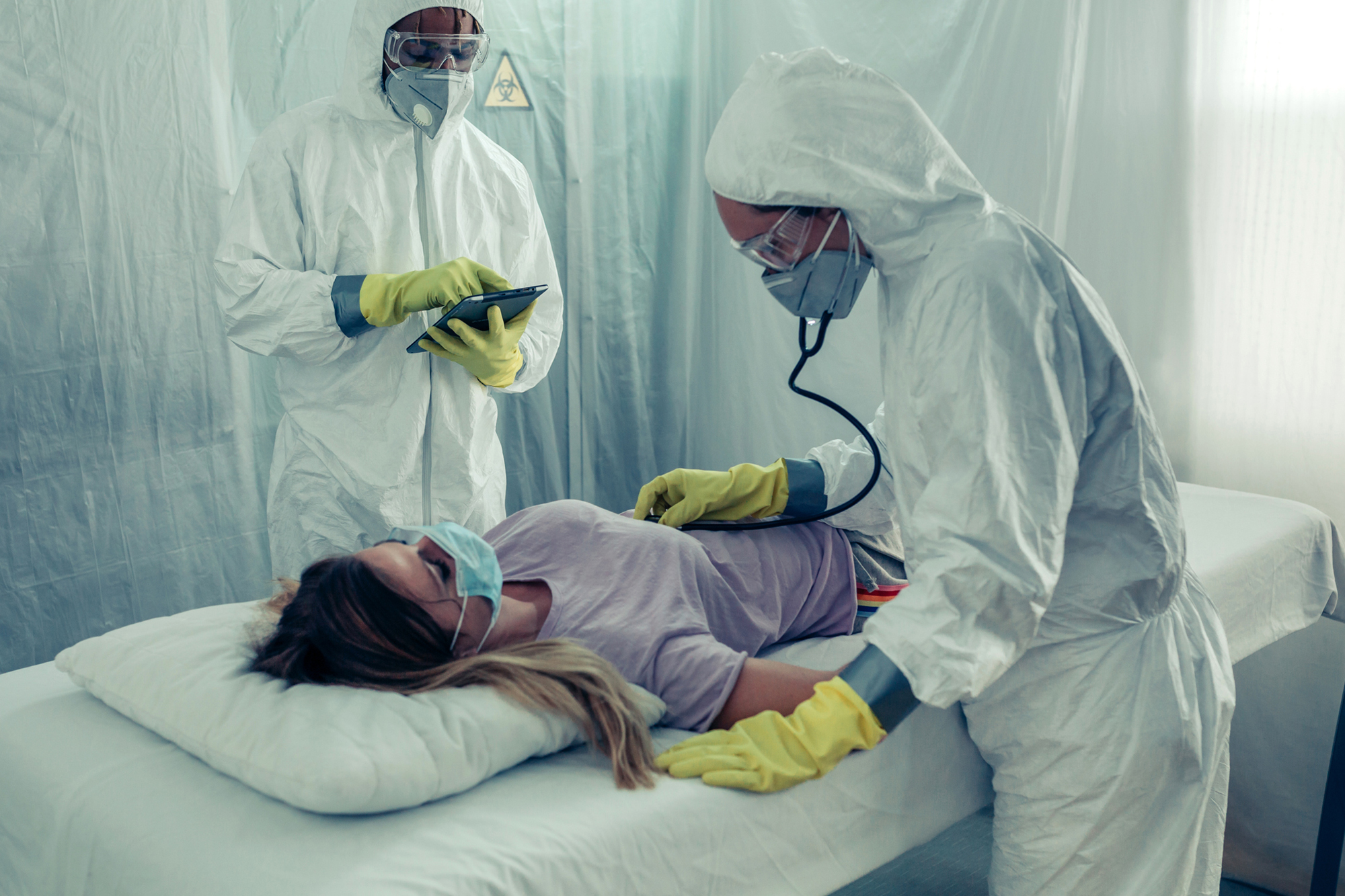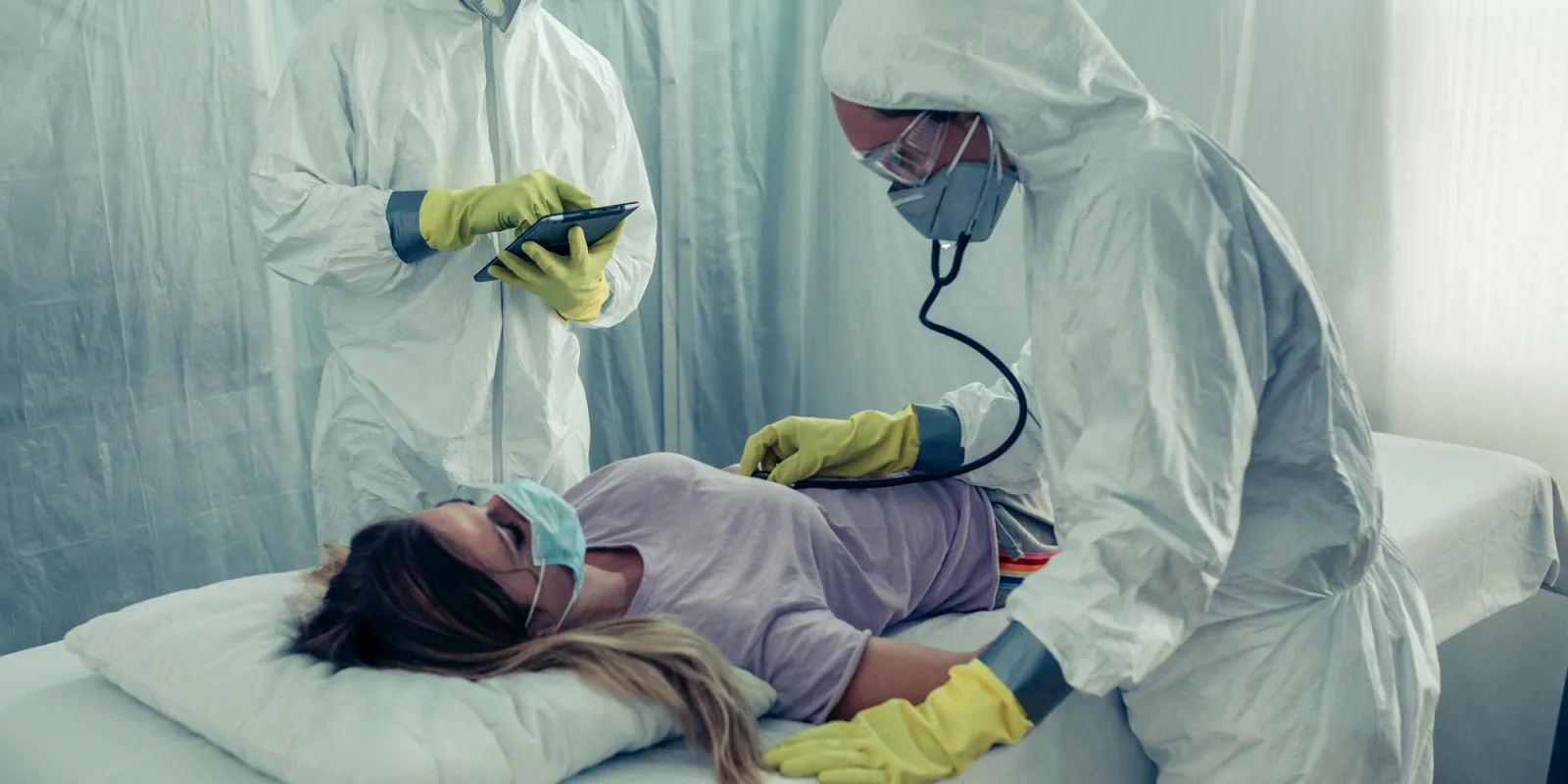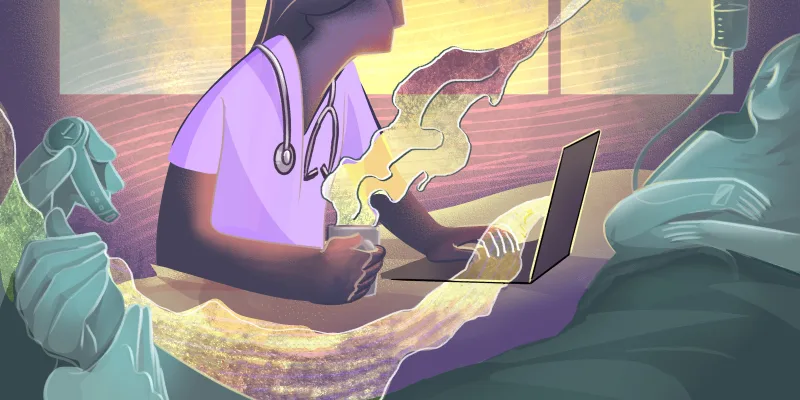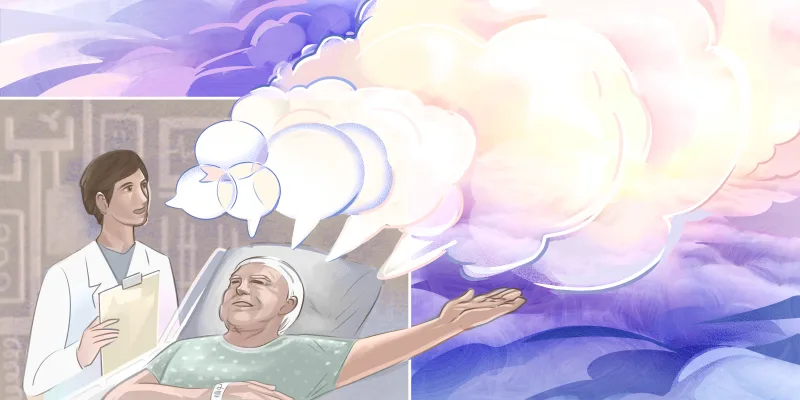
As the COVID-19 pandemic rages on, it becomes more important than ever to manage our minds and consciously choose thoughts that serve us. Media content designed to increase readership and drive clicks has fostered a tremendous wave of fear, “scarcity mentality,” and anxiety. Worry and anxiety only pretend to be useful, but awareness and determination to serve our communities produce action.
Opinion pieces are proliferating on major news sites. Most of them share one thing in common: they resist the reality of what is happening. Statements like, “This shouldn’t have happened,” or “We should have been more prepared” do not serve us in the short term. Yes, it is sad that relatively young people are decompensating and dying. Yet even before COVID-19, children and adults died unexpectedly. Thoughts like, “young people shouldn’t die” only layer an additional element of pain and suffering on top of the already alarming death toll from the pandemic, which does little to help professionals on the front lines.
One situation getting enormous attention in the media right now is the fact that many of our patients are, because of the highly contagious nature of this virus, dying unattended by their family and friends. This reality is drawing highly sentimental and passionate responses, reflecting the widespread belief that people should not die alone. The physical isolation required to minimize the rapid spread of the disease has stripped away the familiar end of life rituals cherished in many cultures and religions.
I have seen many articles and news segments bemoaning the fact that ED and ICU clinicians are the people holding the hands of dying patients, rather than friends and family. One of our colleagues lamented that he was the only person holding the hand of a 93-year-old Navajo grandma as she declined intubation. This physician painfully wondered whether the woman would have wanted to die in this isolated way.
My answer is: yes, in isolation is exactly the way she would have wanted it. I believe that the Navajo woman would never have wanted to make her family sick. Our end-of-life rituals arguably serve the living people left behind rather than the dying. I have been present for hundreds of deaths and most people are not even conscious near the end of their lives.
My point is this: the notion that people should not die alone is masquerading as a useful and compassionate thought. The belief that loved ones should be with a dying person when they clearly cannot be is one of the most painful and unproductive thoughts we can hold on to during this pandemic. It would certainly be wonderful if friends and family could attend the final moments of those dying of COVID-19 — but that desire is inconsistent with current best practices that protect the living people left behind. Again, we can resist reality but reality will always win.
In a recent opinion piece, a third-year emergency medicine resident, Dr. Kamini Doobay, wrote: “So often a patient will be on their deathbed, dying alone, and it’s been incredibly painful to see the suffering of family members who I call from the ICU, hearing the tears, crying with them on the phone. … Too many people are dying alone with absolutely no family around them. … This is one of the most horrific things.” I have so much compassion for Dr. Doobay, but her last sentence is a thought that we do not have to believe. We do not have to believe that dying alone is a horrific thing. I would like to offer some alternative thoughts — thoughts that could just as likely be true.
I believe that our patients dying of COVID-19 would never want to infect their loved ones or their caretakers.
I believe our patients will die without family members, chaplains, or clergy, and I believe that’s OK.
I believe we — physicians and nurses — will be the ones left holding the hands of dying strangers, and I believe that’s the best we can do.
Dying alone is not the same thing as dying lonely. The living can continue to feel love and compassion for their dying relatives before, during, and after their deaths.
Beating ourselves up about isolating the dying only adds a painful layer of suffering to the already difficult reality at hand. Health care workers, children, the immunocompromised, and the elderly will die during this pandemic. We can quite appropriately feel the sadness and pain of those losses. But please, let’s not take on additional burdens that serve no one and make the grief worse. Our loved ones will understand that we are doing the best that we can. None of us ever knows when we will die, as this equal-opportunity pathogen has so clearly demonstrated. Many of us will die alone — and that’s OK. We will strap on our PPE and be there for our sick patients.
Dr. Naidorf is a board-certified emergency physician living in Alexandria, Virginia.
Click here to see more perspectives on COVID-19 from the Doximity network.
Click here for up-to-date news about COVID-19 on Doximity.





